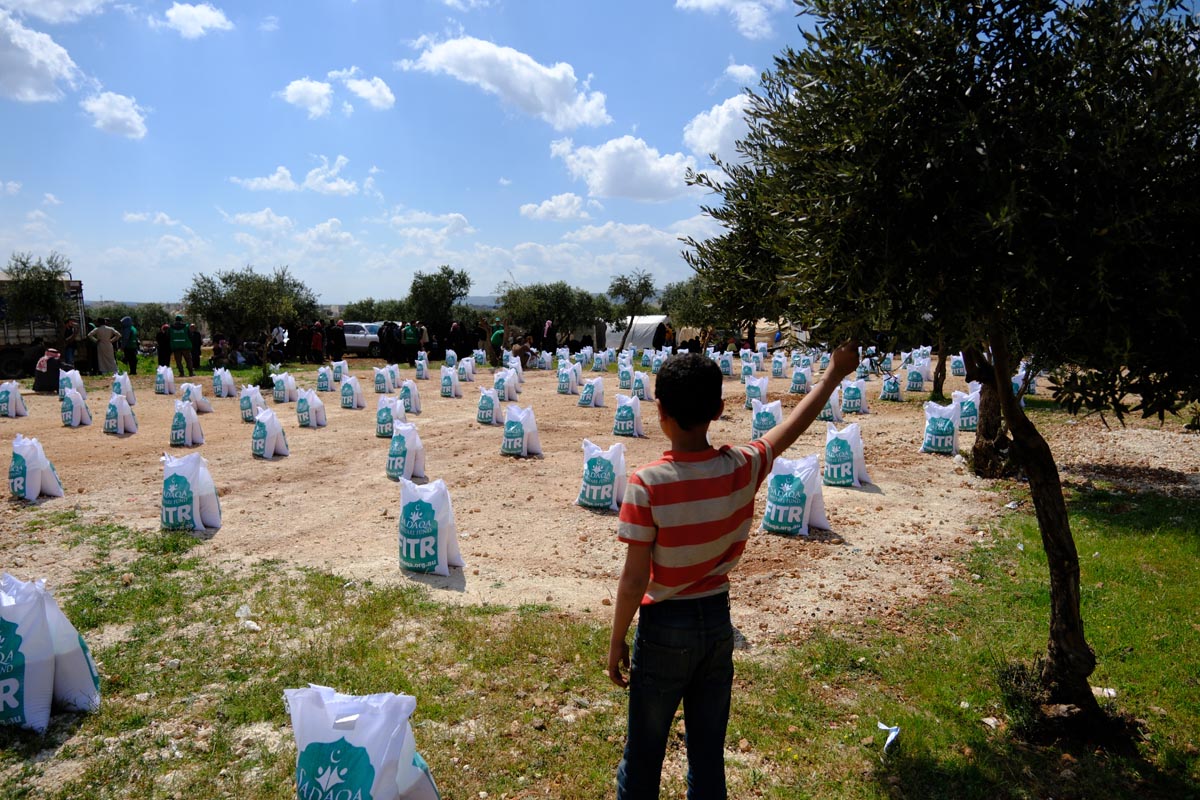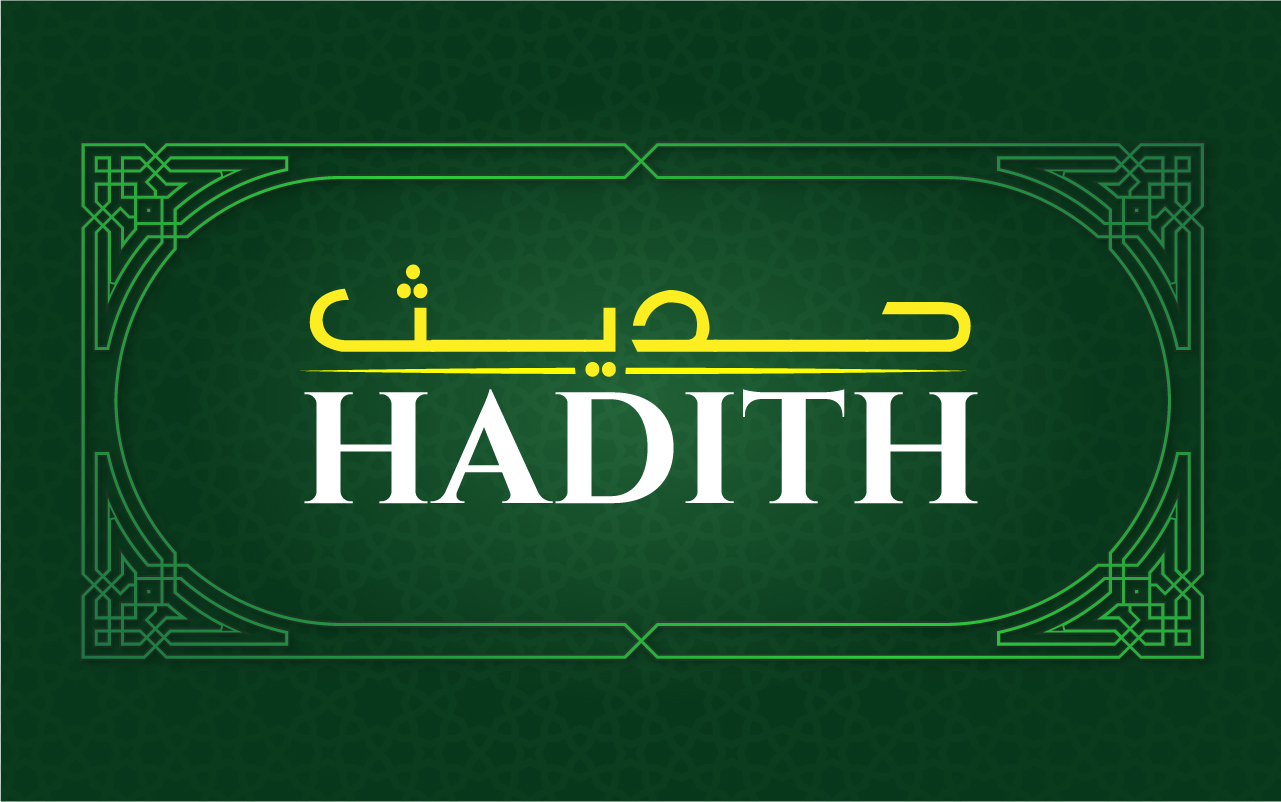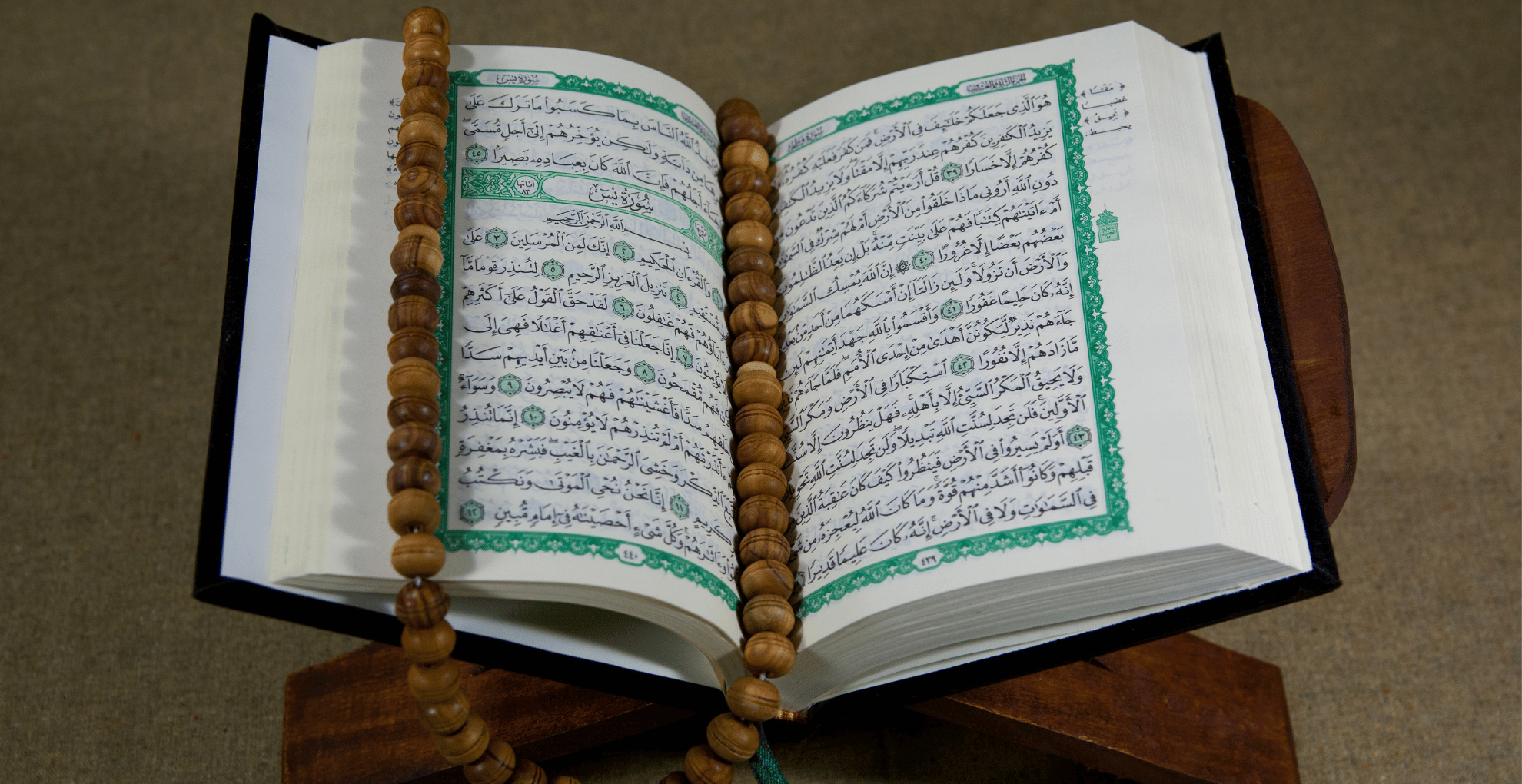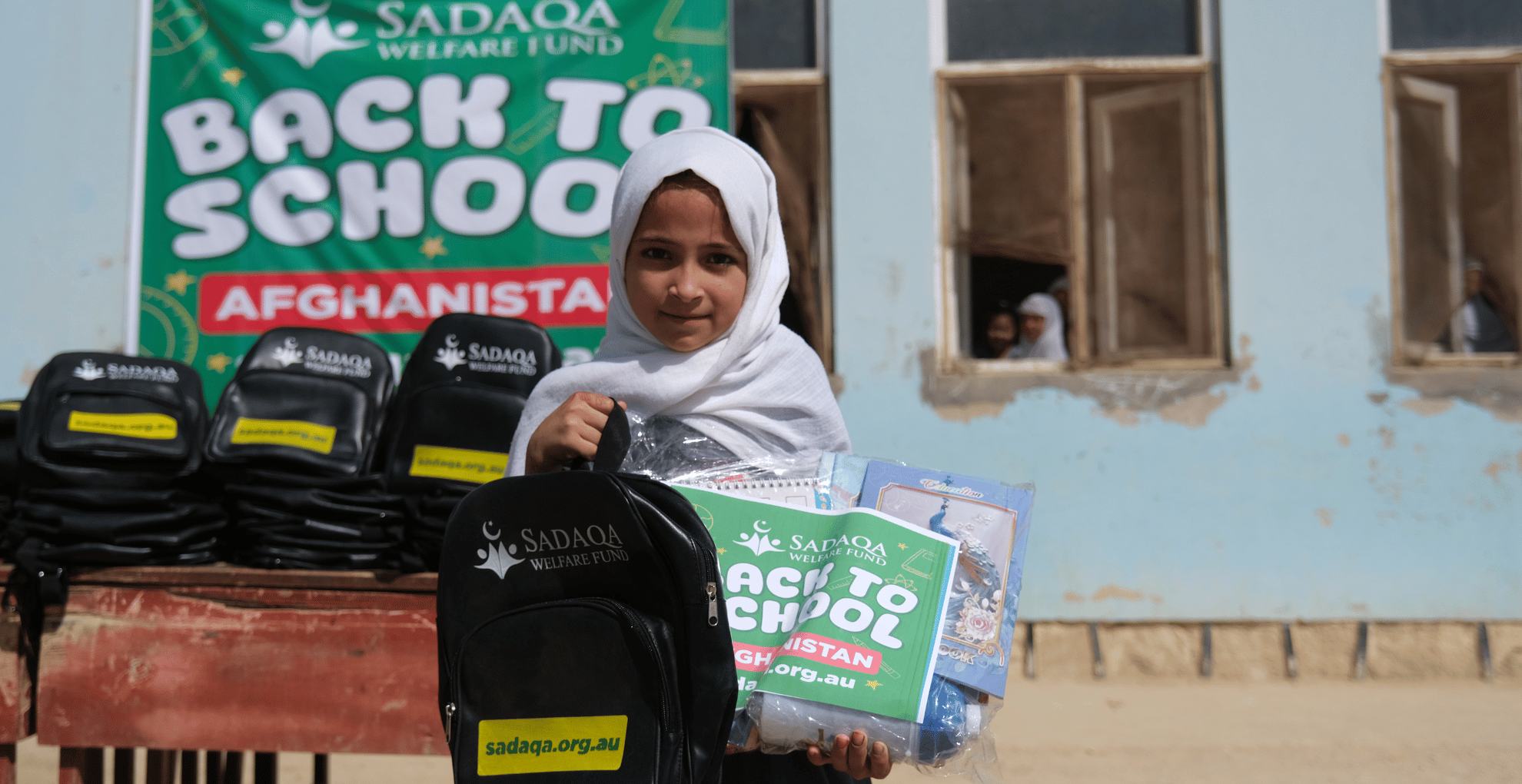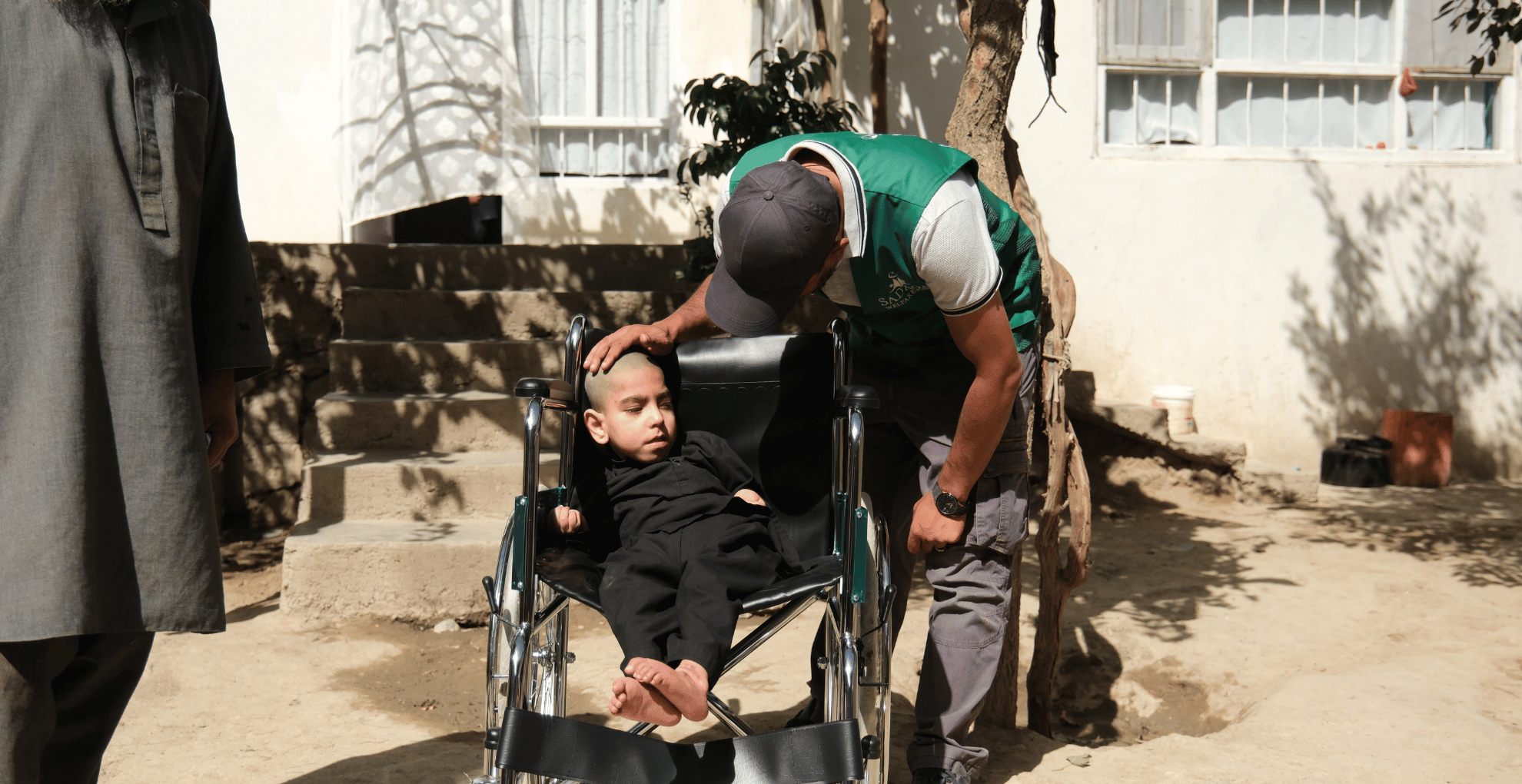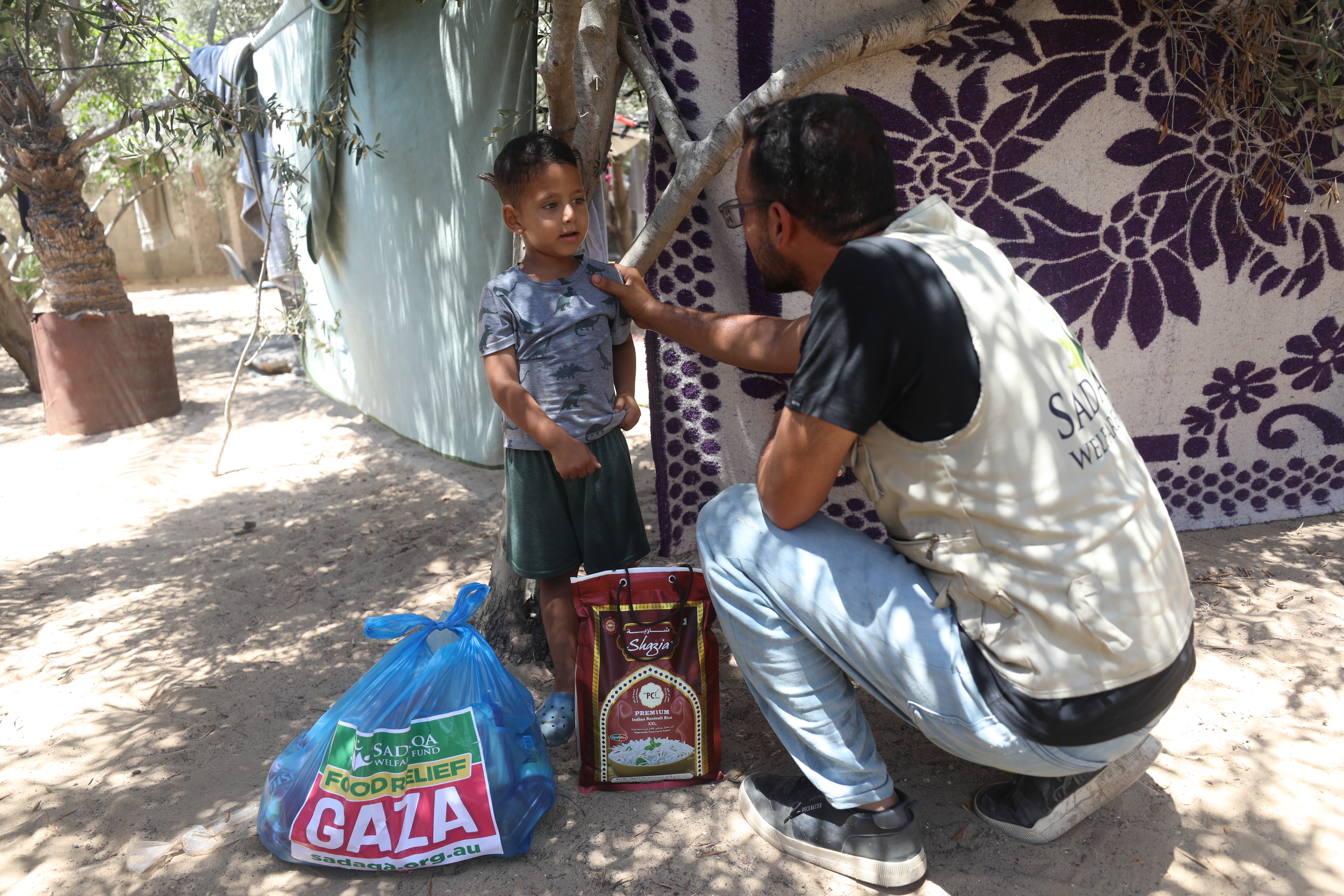How is Eid al-Fitr celebrated?
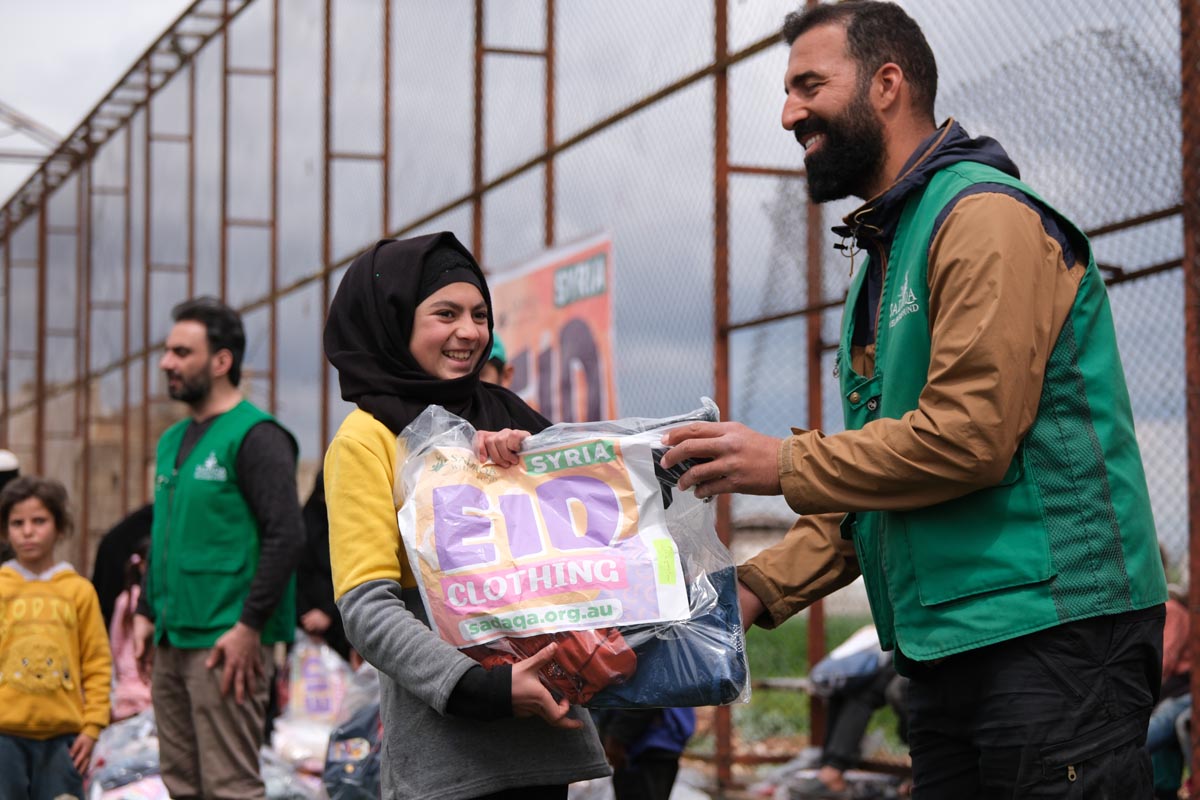
How Is Eid al-Fitr Celebrated? Meaning, Traditions & Purpose
Eid al-Fitr is one of the most joyful occasions in the Islamic calendar. It marks the end of Ramadan — a month of fasting, worship, reflection, and spiritual renewal — and is celebrated by Muslims around the world with prayer, gratitude, community gatherings, and charity.
In Australia and globally, Eid al-Fitr is a time of thanksgiving, family, and kindness.
What Does Eid al-Fitr Mean?
The name “Eid al-Fitr” literally means “the Festival of Breaking the Fast.”
It is celebrated on the first day of Shawwal, the Islamic month immediately following Ramadan.
Eid al-Fitr is not only a celebration of the end of fasting, but also:
-
an expression of gratitude to Allah,
-
a time for family and community,
-
and a moment to renew bonds with others.
How the Day Begins: Eid Prayer (Salat al-Eid)
The day of Eid traditionally begins with a special congregational prayer called Salat al-Eid.
Muslims gather in mosques or open fields to pray together, often in large numbers. The prayer includes:
-
a sermon (khutbah),
-
collective takbīr (praising Allah),
-
and a sense of unity and celebration.
After the Eid prayer, it is common to greet others with “Eid Mubarak” — meaning “Blessed Eid.”
Zakat al-Fitr: Required Charity Before Eid Prayer
Before attending the Eid prayer, Muslims are obligated to give Zakat al-Fitr (also called Fitrana). This is a form of charity given to the needy so that they, too, can enjoy the day of Eid.
Zakat al-Fitr is usually given in the form of food or its monetary equivalent, and it must be distributed before Eid prayers.
Traditions and Festive Practices
On the day of Eid al-Fitr, Muslim families around the world—including in Australia—often follow these traditions:
1. Early Morning Eid Prayer
After fasting all month, the Eid prayer is a joyous communal event.
2. Wearing New or Best Clothes
Many people wear new or their best clothes to symbolise renewal and purity.
3. Family and Community Celebrations
Eid is a time for family visits, community meals, and hospitality. Extended families often gather to share food and joy.
4. Sweets and Special Foods
Eid feasts typically include traditional sweets and dishes — an expression of celebration after a month of fasting.
5. Greeting Each Other
Muslims greet one another with “Eid Mubarak” or “Blessed Eid”, and often exchange gifts, especially with children.
Charity and Helping Others
Eid al-Fitr emphasises compassion and generosity. In addition to fulfilling Zakat al-Fitr, many Muslims choose to give Sadaqa (voluntary charity) to:
-
support those less fortunate,
-
provide food for families in need,
-
and ensure everyone can enjoy the blessings of Eid.
Eid Beyond the Celebration: Its Spiritual Meaning
While Eid al-Fitr is joyful and social, it also carries deep spiritual meaning:
-
It is a thanksgiving to Allah for the strength to complete Ramadan.
-
It is a reminder to continue good deeds after Ramadan.
-
It encourages unity, compassion, and gratitude.
The lessons of Ramadan — patience, charity, and self-discipline — remain relevant long after the fasting ends.
Eid al-Fitr in Australia
Australian Muslims celebrate Eid in communities across the country. Common elements include:
-
morning congregational prayers,
-
cultural food festivals,
-
community gatherings,
-
and charity drives to support vulnerable groups.
Eid in Australia reflects both Islamic tradition and the diverse cultural expressions of Muslim communities.
Frequently Asked Questions
When is Eid al-Fitr celebrated?
Eid al-Fitr is celebrated on the first day of Shawwal, after the month of Ramadan ends. The exact date depends on the sighting of the new moon or astronomical calculation.
What do Muslims do on Eid al-Fitr?
Muslims begin the day with a special Eid prayer, give Zakat al-Fitr, greet one another with Eid Mubarak, enjoy meals with family, and often give charity.
Is Eid al-Fitr a public holiday in Australia?
In some Australian states and territories, the Muslim community may be granted recognition or cultural leave, but specific public holiday status varies. Check local regulations for your area.
